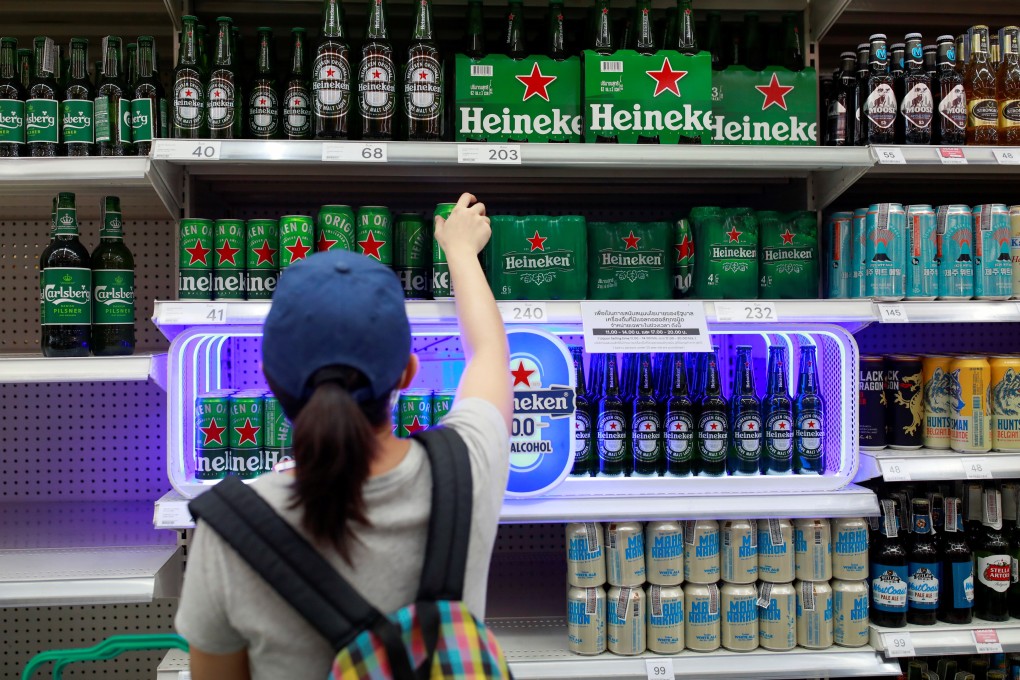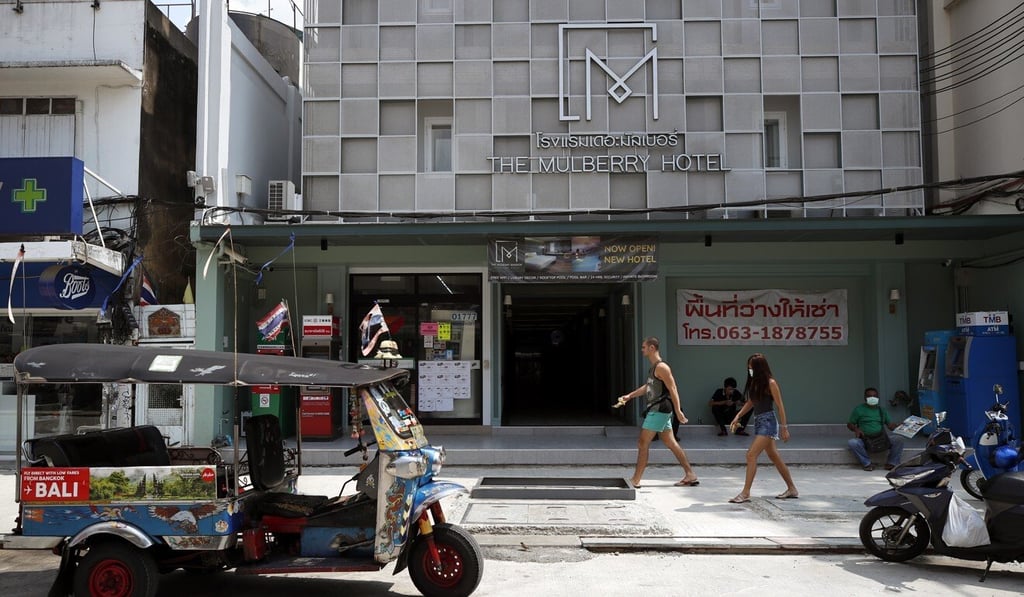In Bangkok, street food and takeaway alcohol are back on the menu but nightlife stays on ice
- Venue owners, bartenders and DJs are among those facing uncertain futures amid Thailand’s lockdown to curb the spread of Covid-19
- A rush to stock up on alcohol after the country eased restrictions saw Princess Ubolratana ask if it would lead to a rise in virus infections

The country has reported single-digit increases in cases in recent days, and has 2,988 confirmed infections and 54 deaths. More than 2,700 patients have recovered from the disease.
However, it will be some time before the Thai capital’s famed nightlife is fully revived, with supermarkets and restaurants only allowed to sell alcohol for takeaway consumption for a 14-day trial period.
A night curfew, which bans people from leaving their homes between 10pm and 4am, remains in place and entertainment venues are still shuttered. They were ordered to close after a rise in infections linked to a bar in the Thonglor area in March, bringing to a halt an industry that has created millions of jobs, generated tax revenue and served as a magnet for international tourists.
Last year, the tourism ministry had even proposed allowing bars to remain open until 4am instead of closing at 1am, in a bid to increase tourists’ spending by 25 per cent from the estimated 5,000-6,000 baht (US$154-US$185) they each spend on a night out.

Panisara Palas – who runs Cafe Amber in the Sukhumvit area, which is popular with expatriates and tourists alike – said the shutdown meant she was not able to make rent payments.